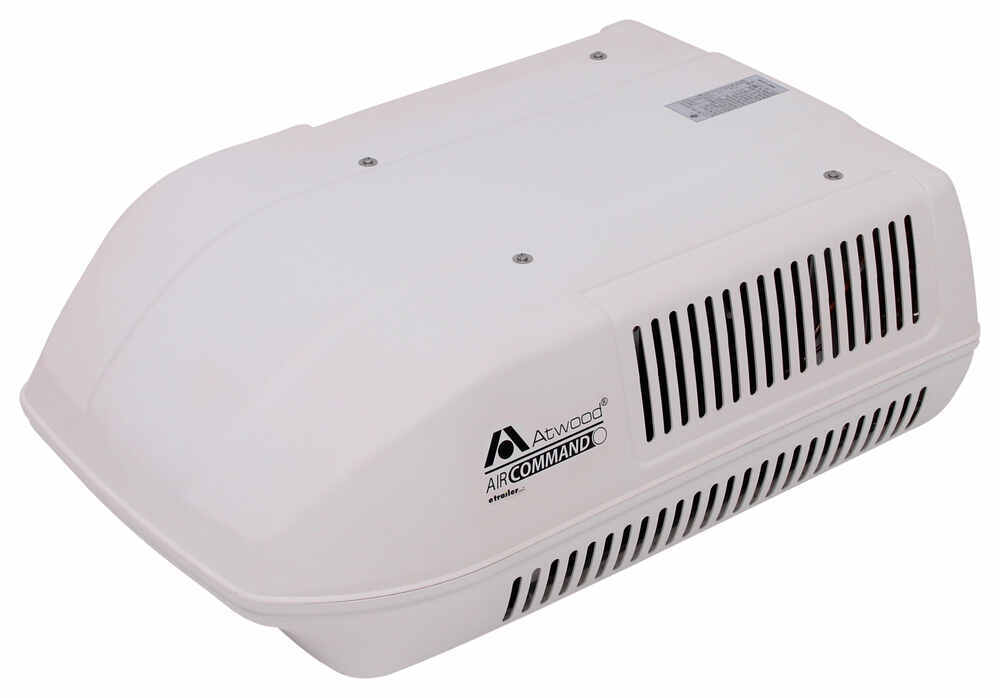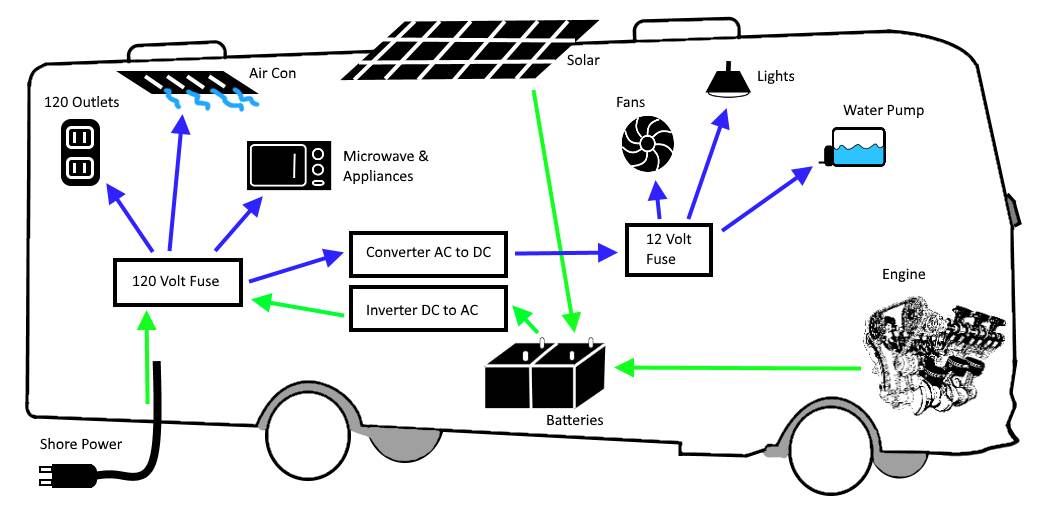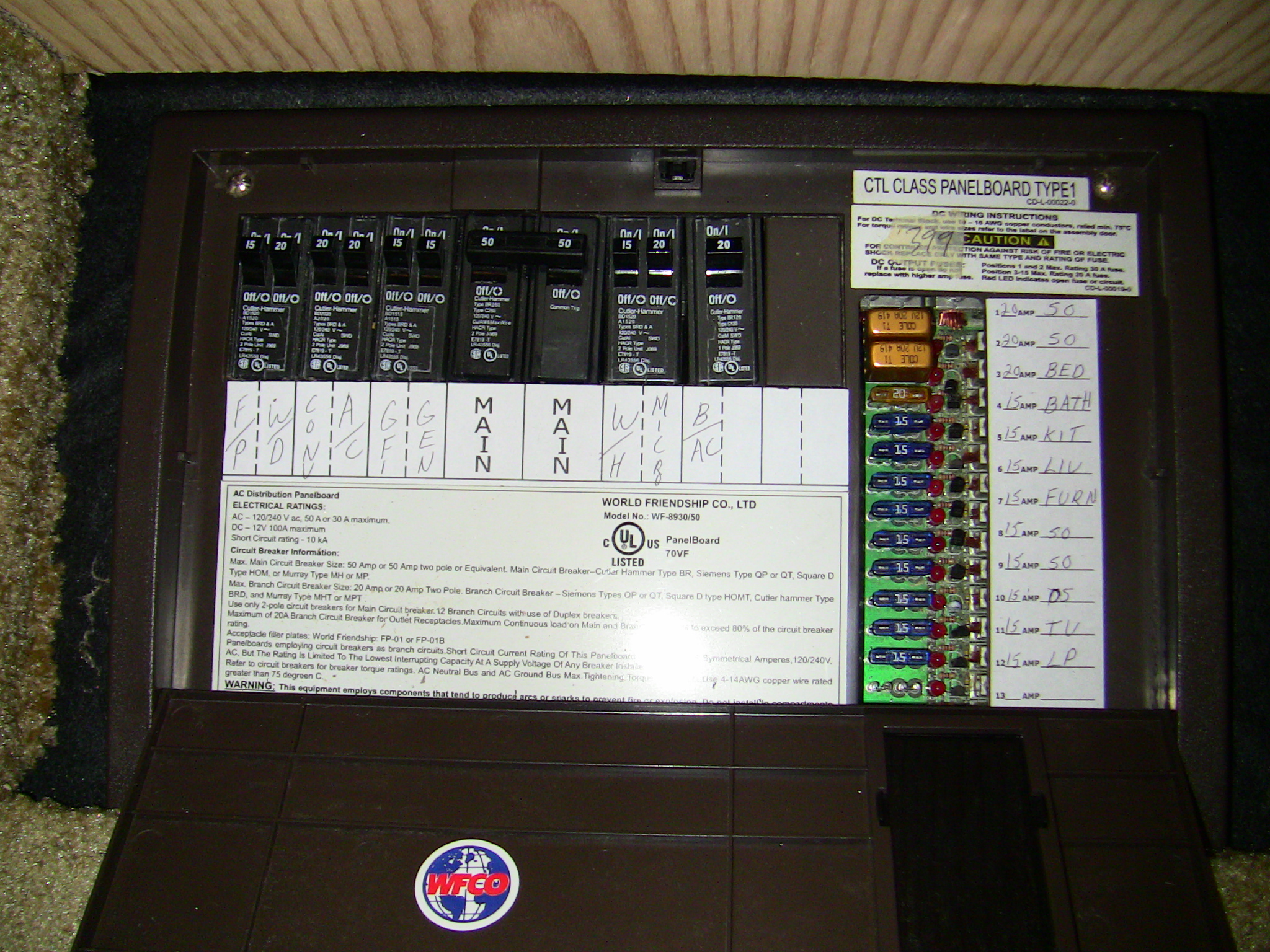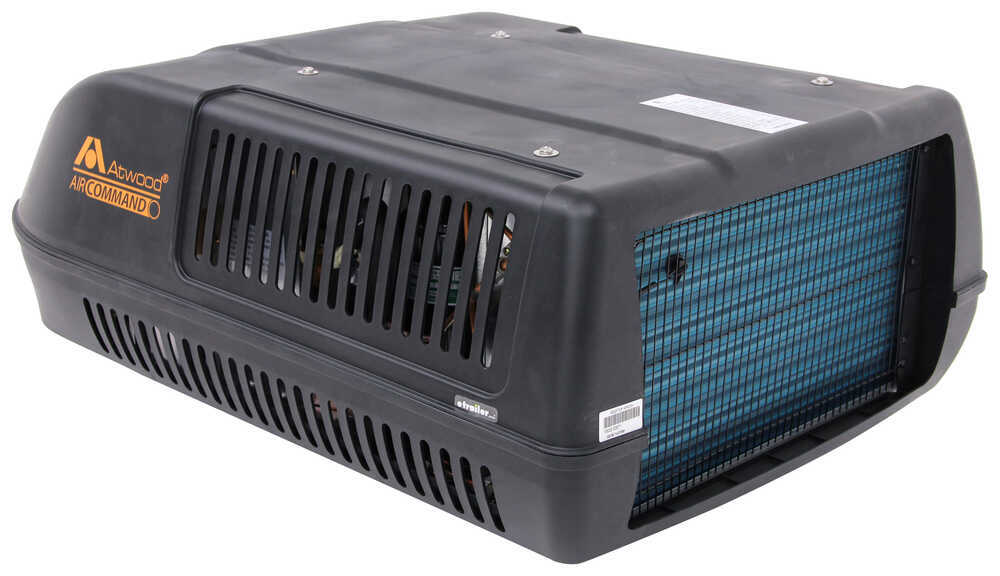Rv Ac Unit Amp Draw
Rv Ac Unit Amp Draw - A good efficient unit will use around 11 to 12 amps but those figures are for running time only. 10,000 btu rv air conditioner: Rooftop air conditioners typically use between 15 and 30 amps, while basement air conditioners use between 5 and 20 amps. Web to calculate the amperage draw, divide the wattage (power) rating by the voltage (current strength) from the power source. The number varies depending on the setup. With a 50 amp rv electrical hookup, you're on your way to bigger and better things. Additional wattage required for starting: Web in terms of power, 30 amp rv hookups receive 3,600 watts of power, while 50 amp systems receive more than 12,000 watts. Where as a 13,500 btu air conditioner will draw around 12 amps. Wall thermostat has an led display and controls the mode, fan, and temperature settings. It’s important to note that most rv air conditioners are going to have an amp draw of less than 20. The requirements for other types of ac units vary depending on the model number and size. Web the average rv air conditioner draws between 11 and 16 amps, but there are units (smaller and larger) that fall outside that range.. With the economic size of both the outer unit and the inner unit, you have more space on your roof and ceiling while not adding more than 100 pounds to your rv load. 10,000 btu rv air conditioner: 120 volt ac amp ratings. Web to calculate the amperage draw, divide the wattage (power) rating by the voltage (current strength) from. Web to start up a roof air conditioner, it can draw 16 amps max but will only use 13 amps once running. A good efficient unit will use around 11 to 12 amps but those figures are for running time only. With the economic size of both the outer unit and the inner unit, you have more space on your. A heating mode will need extra amps, like a 15,000 btu air conditioner set in cooling mode can draw a 13 amp but when set in heating mode it can. It’s important to note that most rv air conditioners are going to have an amp draw of less than 20. 15,000 btu rv air conditioner: When looking at an ac. In practical terms, an rv with 30 amps of power can run fewer appliances than one with 50 amps. 120 volt ac amp ratings. When looking at an ac unit for your rv, all three measures are essential. It’s important to check the specific requirements of your rv ac unit to ensure you have the appropriate electrical setup. It also. Energy efficiency also comes into play. As for the other appliances, they might be able to draw the following amperage: Additional wattage required for starting: 10,000 btu rv air conditioner: Web this means that you'll need 450 amps per day from your battery bank in addition to the battery power it takes to run everything else in your rv. Some rooftop units may draw up to 20 amps. Energy efficiency also comes into play. Some ways to reduce the amount of amps your rv air conditioner uses include installing awnings or sunscreens. It’s recommended to use a 30 amp connection to help handle surges in power. Figure on about double those totals when you start the unit up. Web to start up a roof air conditioner, it can draw 16 amps max but will only use 13 amps once running. Web most rvs use less than 20 amps for normal operation. Web rv air conditioners are notorious for being the largest power consumers in modern rvs. The number varies depending on the setup. Web in terms of power,. This is the type of question we want to answer when figuring out how many watts or amps does an rv ac use. A roof air conditioner can draw 16 amps to start, but may only use 13 amps once it is running. Web as we mentioned above, the average rv air conditioner will draw between 11 and 16 amps.. 15,000 btu rv air conditioner: Web so that’s how much power your 13,500 btu air conditioner needs — 36 amps. A heating mode will need extra amps, like a 15,000 btu air conditioner set in cooling mode can draw a 13 amp but when set in heating mode it can. Ac unit for ducted or ductless system lets you replace. Web wattage % volts = amps. In most cases, we want to know if a generator with x watts or x amps will run an rv air conditioner. In fact, at startup they can draw more than double that amount of power. Web there are two types of rv air conditioners, rooftop air conditioner, basement air conditioner. Wall thermostat has an led display and controls the mode, fan, and temperature settings. When running they can draw between 700 watts (for a 10,000 btu unit) all the way up to 1,500 watts (for a 15,000 btu unit). Web so that’s how much power your 13,500 btu air conditioner needs — 36 amps. A roof air conditioner can draw 16 amps to start, but may only use 13 amps once it is running. Web in terms of power, 30 amp rv hookups receive 3,600 watts of power, while 50 amp systems receive more than 12,000 watts. It also depends on the mode of heating and cooling. With a 50 amp rv electrical hookup, you're on your way to bigger and better things. Web most rvs use less than 20 amps for normal operation. It’s important to check the specific requirements of your rv ac unit to ensure you have the appropriate electrical setup. Web this means that you'll need 450 amps per day from your battery bank in addition to the battery power it takes to run everything else in your rv. Additional wattage required for starting: The number varies depending on the setup.
Atwood Air Command Rooftop RV Air Conditioner 11.3 Amps 13,500 Btu

RV Electricity Basics Guide to powering your RV

What is normal air conditioner amp draw YouTube

RV Second AC Install DIY NO 50 AMP NEEDED YouTube

RV Electrical Power Distribution Panel Diagram, Where to Find, Fix
singapore 15 000 btu rv air conditioner amp draw

Dometic Low Profile Penguin RV Air Conditioner

How Many Amps Does A Rooftop Rv Air Conditioner Draw? Crow Outdoors

Highoutput rooftop air conditioner cools quickly and efficiently while

Atwood Air Command Rooftop RV Air Conditioner 11.3 Amps 13,500 Btu
Amps X Volts = Wattage.
Once The Compressor Kicks In And Starts To Cool Down Your Rv, The Amperage Draw Should Drop A Bit.
Rooftop Air Conditioners Typically Use Between 15 And 30 Amps, While Basement Air Conditioners Use Between 5 And 20 Amps.
You Can Have Two Ac Units Of The Same Size, But The More Efficient Model Will Usually Draw Fewer Running Amps.
Related Post: